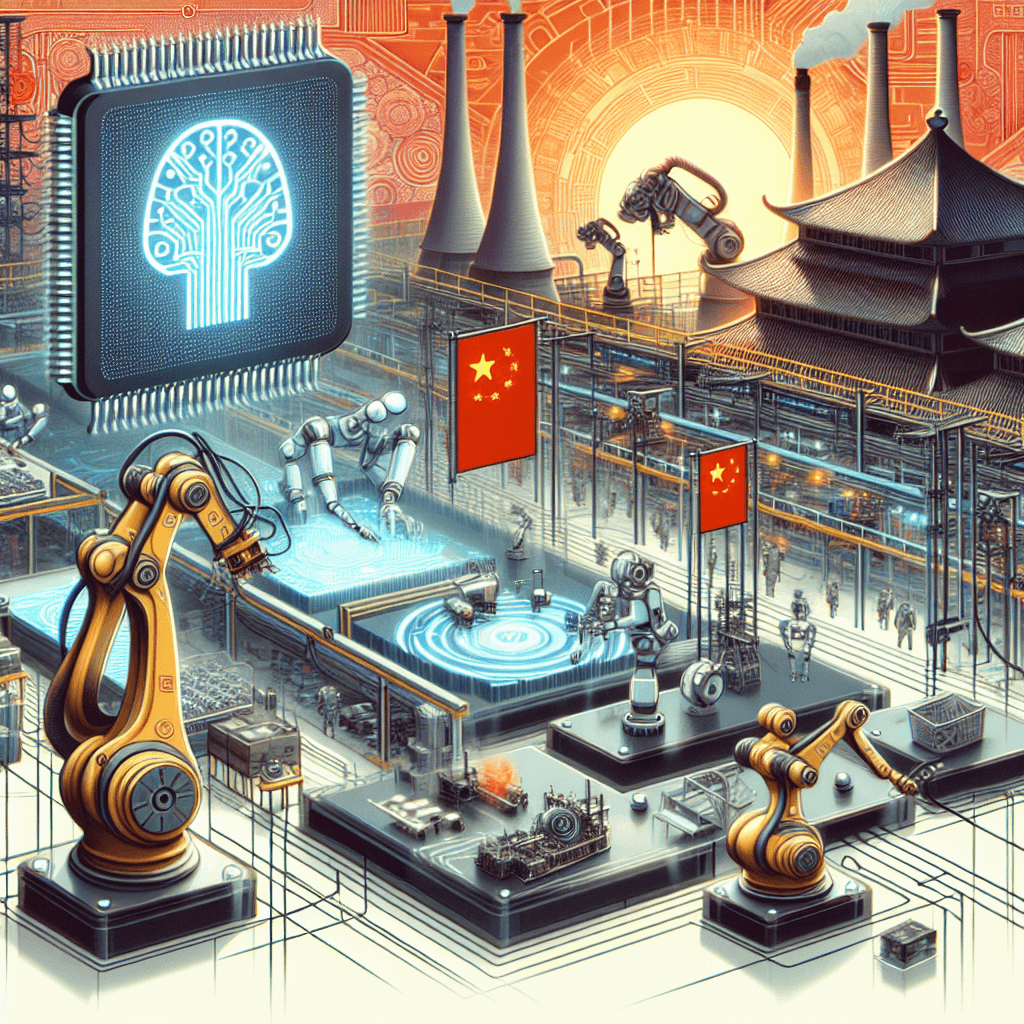China’s AI Revolution: Market Domination
How China’s rapid advancements in artificial intelligence are reshaping global industries and influencing the future of technology.
China’s rapid advancements in artificial intelligence (AI) are reshaping global markets, challenging Western dominance, and redefining the future of industries. With state-backed investments, a massive data pool, and aggressive innovation, Chinese AI companies are taking over key sectors such as e-commerce, finance, healthcare, and autonomous technology. But what does this mean for the future?
Let's explore the impact of China's AI revolution.
China’s AI Market Takeover
China has ambitious goals to become the world leader in AI by 2030. Leading tech giants such as Baidu, Alibaba, Tencent, and Huawei are investing billions in AI research, while startups are rapidly innovating in generative AI, robotics, and automation.
Some key developments include:
AI-Powered E-commerce: Companies like Alibaba use AI for personalized recommendations, supply chain optimization, and automated customer service.
Financial Domination: AI-driven fintech companies such as Ant Group and WeBank are revolutionizing digital payments, lending, and fraud detection.
Autonomous Vehicles: Companies like Baidu’s Apollo are making significant strides in self-driving technology.
AI in Manufacturing: Smart factories powered by AI and robotics are increasing efficiency and reducing costs.
Global Impact of China’s AI Dominance
1. Geopolitical and Economic Shifts
China’s AI boom is giving it a competitive edge over the US and Europe. AI-driven advancements are expected to strengthen China's economy, potentially shifting the global balance of power in favor of Beijing. Countries dependent on AI solutions may turn to Chinese technology, creating new economic dependencies.
2. AI and Job Displacement
As AI adoption accelerates, job displacement will be a major concern. Automation in manufacturing, finance, and customer service could reduce the demand for human labor, forcing governments worldwide to rethink employment policies, upskilling programs, and social security frameworks.
3. Data Privacy and Ethical Concerns
China’s AI model heavily relies on vast amounts of data, often collected through surveillance and social monitoring. This raises global concerns over privacy, digital security, and the ethical use of AI. Countries may impose stricter data regulations, leading to potential conflicts between China and nations advocating for stronger digital rights.
4. AI in Warfare and Security
China’s investments in AI-driven military technology, such as autonomous drones, cyber warfare tools, and surveillance systems, could redefine global defense strategies. This could spark an AI arms race, with nations increasing defense spending to counterbalance China’s technological edge.
What’s Next?
The future of China’s AI market dominance will depend on various factors, including government regulations, global competition, and ethical considerations. While AI brings immense opportunities, it also poses significant risks that the world must address collectively. Countries may either collaborate with China on AI development or impose restrictions to protect their own markets.
As China continues to push the boundaries of AI, businesses, policymakers, and individuals must prepare for a future shaped by intelligent machines. Whether this leads to greater innovation or new geopolitical tensions remains to be seen, but one thing is clear—China’s AI revolution is already transforming the world.
For any complaints or removal requests regarding the content I've generated, please use the contact form provided at: https://www.inderneilk.com/contactus





